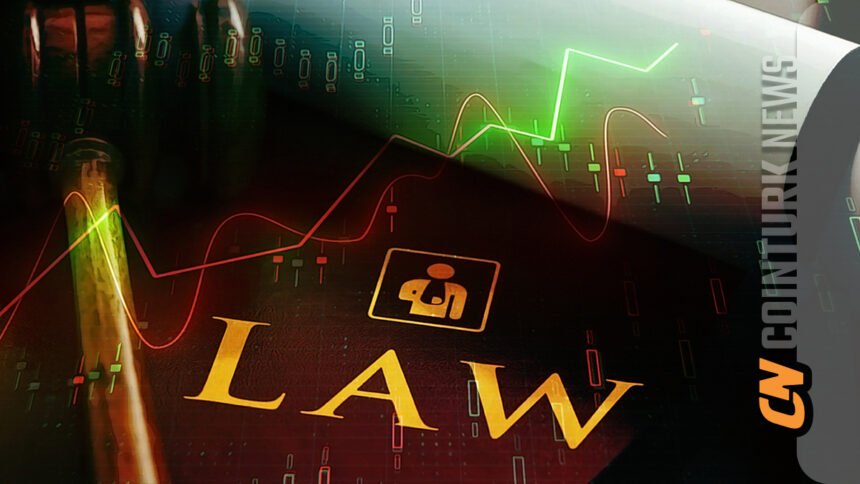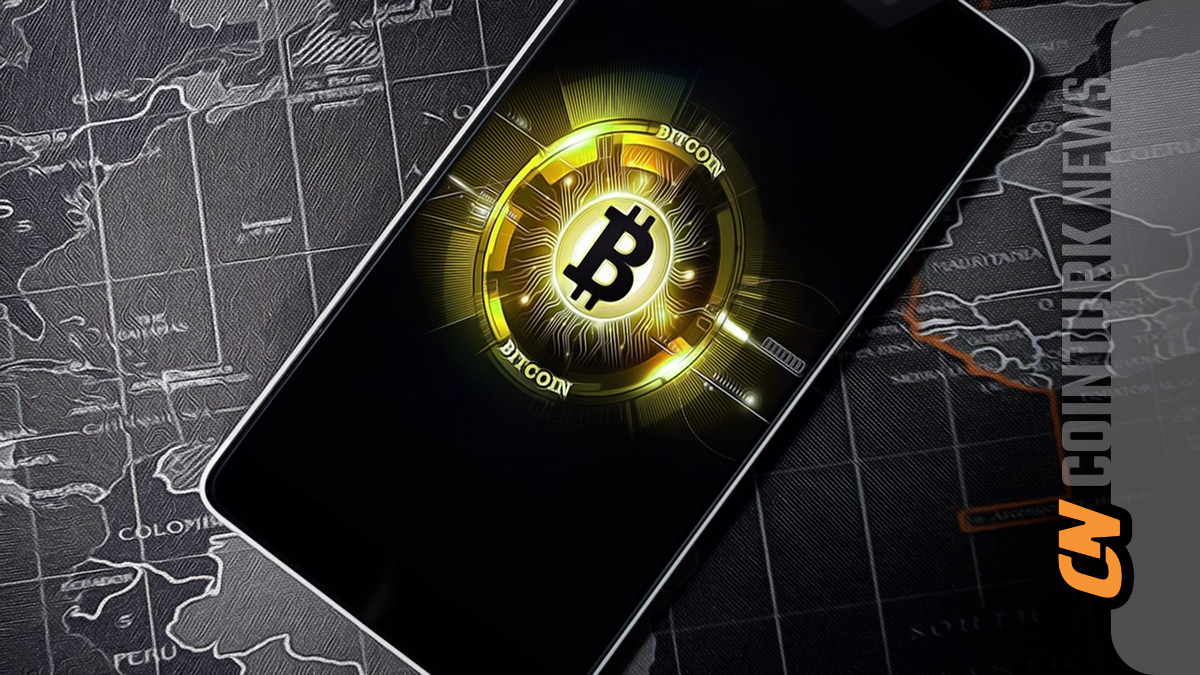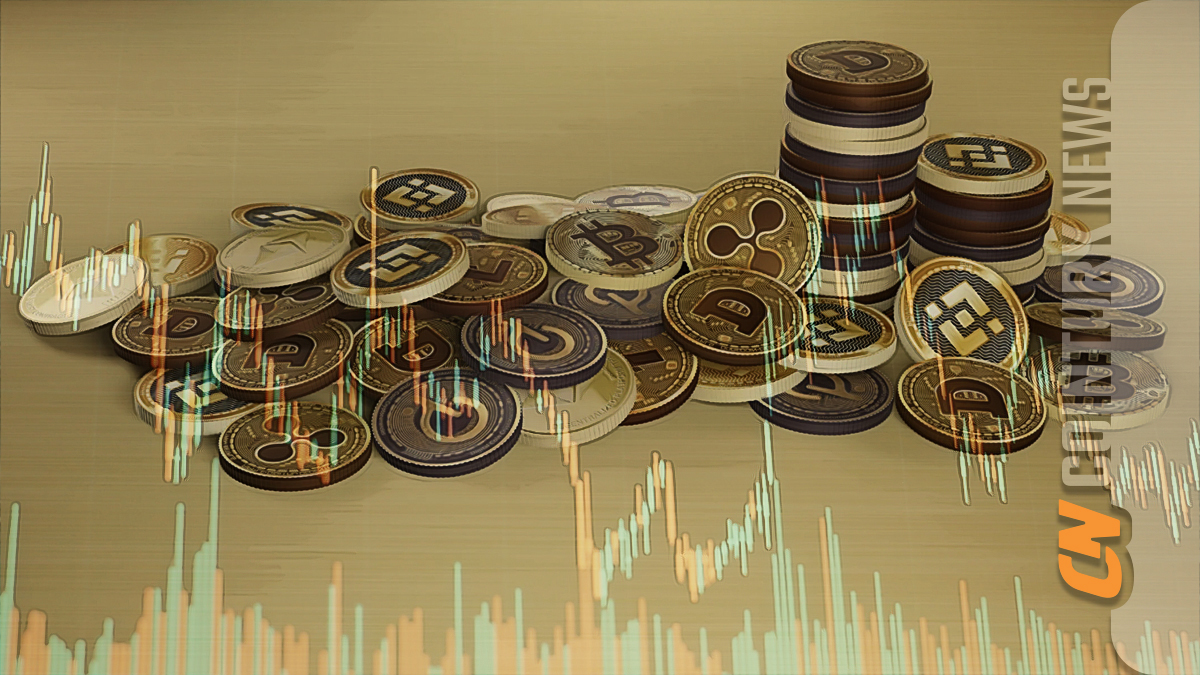In mid-2021, the Chinese government once again banned cryptocurrencies, causing miners to migrate to different regions. We are now seeing a confusing announcement shared, which may occupy more of the agenda in the coming hours. Depending on your perspective, what are the details of the announcement that could have positive/negative outcomes for cryptocurrencies?
China and Cryptocurrencies
In 2021, when BTC set its ATH level, Elon Musk stirred things up, focusing on the environmental damage caused by Bitcoin miners. Soon after, we saw China re-ban cryptocurrency mining. At that time, there were allegations that Elon Musk facilitated the work of the Chinese government to receive favors.
Although China has banned cryptocurrencies countless times throughout history, we saw their intention to legitimize this through Hong Kong last year. Subsequently, we witnessed major Chinese banks taking various steps on the blockchain, including bond issuance. Most recently, regional tech giants like Tencent and Alibaba have signed partnerships with cryptocurrency companies.
Investors who believe that the country’s giant companies could not take these steps without the government’s oversight and permission speculated that the restrictions could be relaxed again following the Hong Kong move.
China and Cryptocurrency Taxation
The Shanghai Taxation Bureau of China has published a document stating that personal income tax should be paid when trading “virtual currency” online. However, it is unclear whether this refers to traditional online game currencies or cryptocurrencies like Bitcoin.

The concept of virtual currency is used for both cryptocurrencies and in-game tokens. For example, currencies like yang for Metin2 or GB for Knight Online are still being bought and sold in secondary markets. The shared document states the following:
“Response Regarding the Collection of Personal Income Tax on Incomes Derived from Individuals’ Online Virtual Currency Trading” (Guo Shui Han [2008] No. 818) stipulates: The income individuals earn from buying and selling virtual currency from online players and selling them to others at a profit margin is subject to personal income tax. Personal income tax is calculated and paid according to the “Income from Property Transfer” clause. The perception that individuals trading virtual currencies online do not need to pay personal income tax is incorrect.”
Tokens such as AXS and SAND can be defined as both cryptocurrency and game currency. If we see more explanation on this matter, the following could happen:
- P2E tokens have been accepted as legitimate by China.
- Investors need to pay tax for P2E tokens.
- We might see these tokens rise with the assumption of legitimacy.
Finally, the issue of taxation could lead to investors in the region moving away from these assets, thereby causing a decline in their prices. For now, P2E tokens have not reacted to this development with their prices.


 Türkçe
Türkçe Español
Español










